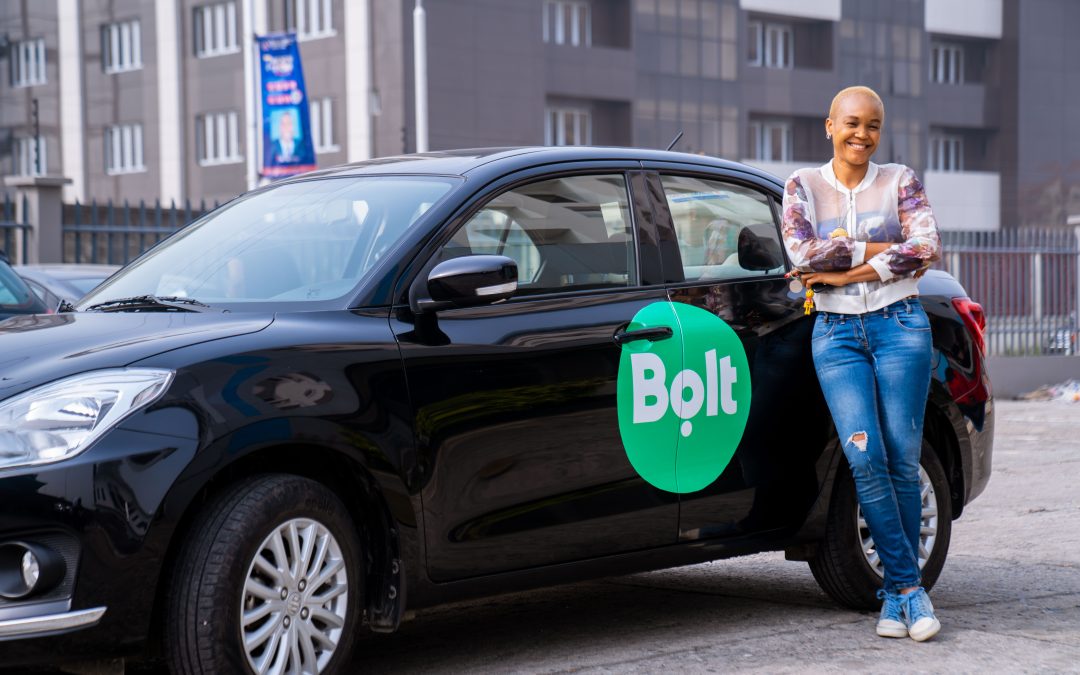Bolt South Africa is urging all riders to avoid taking “offline” or cash-based trips that are arranged outside the Bolt app, warning that doing so exposes them to serious safety risks. This follows an increase in reports of riders being targeted by criminals after agreeing to trips directly with drivers, bypassing the platform’s in-app safety systems.
“When a rider accepts a trip outside the Bolt app, we lose visibility of that journey, and so do they,” says Simo Kalajdzic, Senior Operations Manager at Bolt South Africa. “These trips cannot be monitored or traced, which means we cannot offer any assistance if something goes wrong. The safest choice is always to stay in the app.”
Over the past year, South Africa’s law enforcement agencies have recorded a rise in incidents involving passengers who arranged rides informally with e-hailing drivers. According to SAPS data, several of these cases involved theft, assault, or abduction, particularly in urban centres such as Johannesburg, Durban, and Cape Town.
Bolt cautions that any person can approach passengers at busy areas such as malls, airports, or nightlife districts claiming to be an e-hailing driver and offering a cheaper or quicker “offline” trip. These individuals may not be registered drivers on the Bolt platform, and accepting such offers can place passengers in serious danger. For your safety, always ensure your trip is requested and confirmed through the Bolt app where driver and vehicle details are verified, tracked, and recorded.
Offline trips remove the safeguards that protect riders on the Bolt platform. When a trip is taken outside the app, there is no GPS tracking, making it impossible for Bolt or the authorities to locate a passenger in real time. No emergency alerts can be triggered, leaving riders vulnerable during a crisis. There is also no digital trip record, limiting Bolt’s ability to assist SAPS in investigations, and no verified driver identification, increasing the risk of impersonation or fraud.
“These trips might seem convenient or cheaper at the time, but they can have life-threatening consequences,” adds Kalajdzic. “If it’s not on the Bolt app, it’s not a Bolt trip.”
Bolt has invested heavily in local safety infrastructure to protect riders and drivers across South Africa. The app includes real-time GPS tracking, a “Share My Ride” feature that allows passengers to share their live location with trusted contacts, and an in-app Emergency Response Button available 24/7 that connects riders and drivers directly to private emergency services through Obsidian Systems (powered by Namola). All drivers undergo background checks, and only approved vehicles may operate on the platform. Riders and drivers can also record audio during trips for use in safety investigations, and a “Rate and Report” function enables users to share feedback or report safety issues directly in the app.
Bolt continues to work closely with the South African Police Service (SAPS) and the Road Traffic Management Corporation (RTMC) to strengthen rider and driver safety. These partnerships include real-time data sharing during active investigations and joint awareness campaigns focused on passenger protection. A representative from SAPS noted that incidents linked to offline trips are significantly harder to investigate, as there is no trip record or driver identity verification. Using recognised e-hailing platforms within the app ecosystem is critical for accountability and public safety.
“We take the safety of our riders and drivers extremely seriously,” says Kalajdzic. “We will continue working hand-in-hand with law enforcement and our safety partners to ensure that every Bolt trip in South Africa is as safe as possible but that safety starts with riders staying in the app.”


